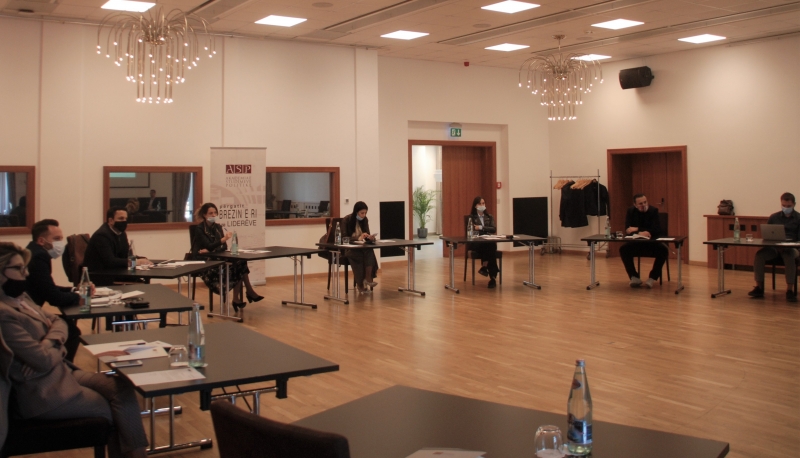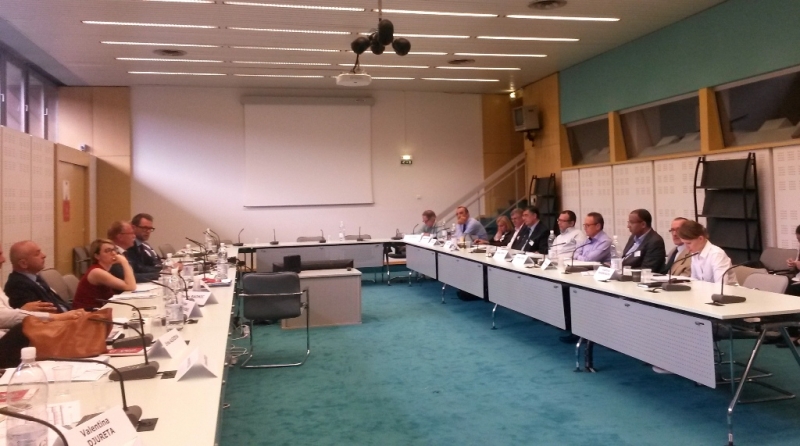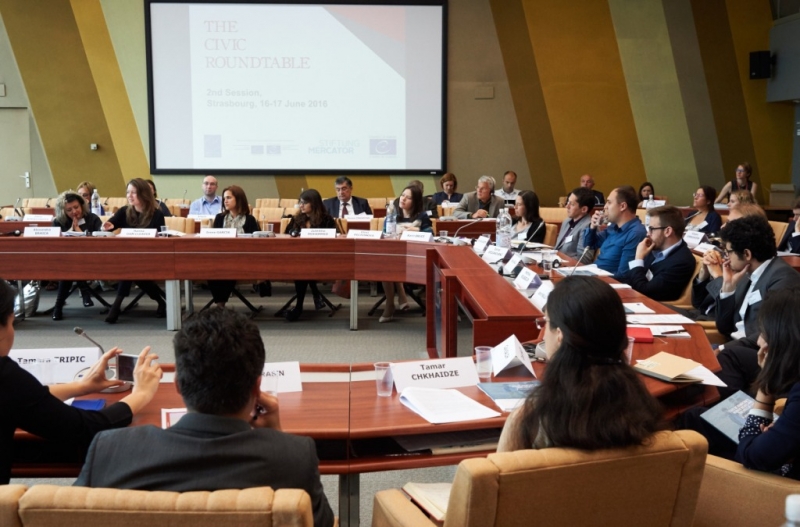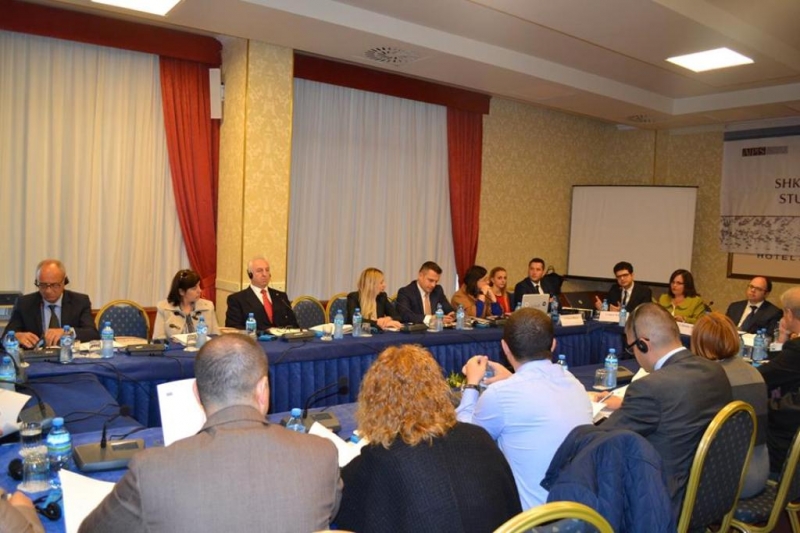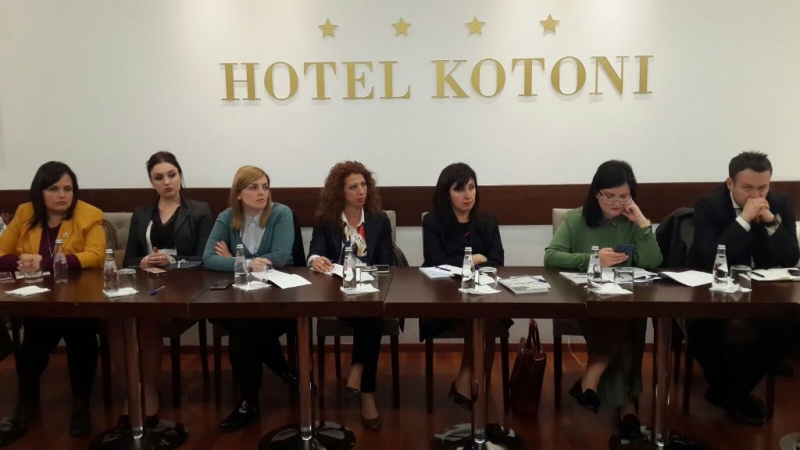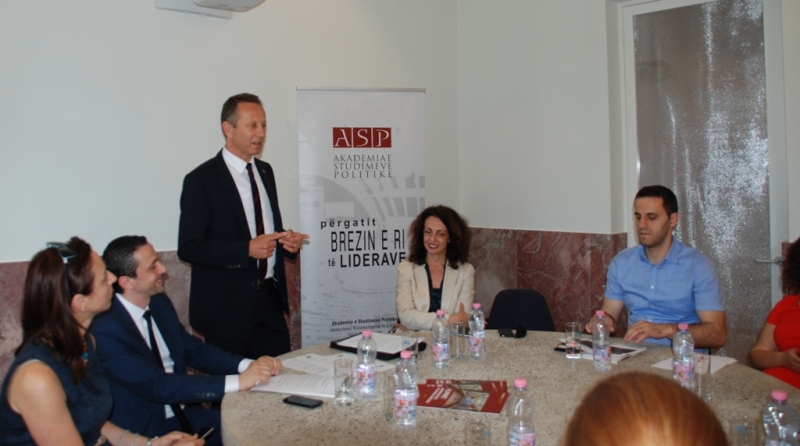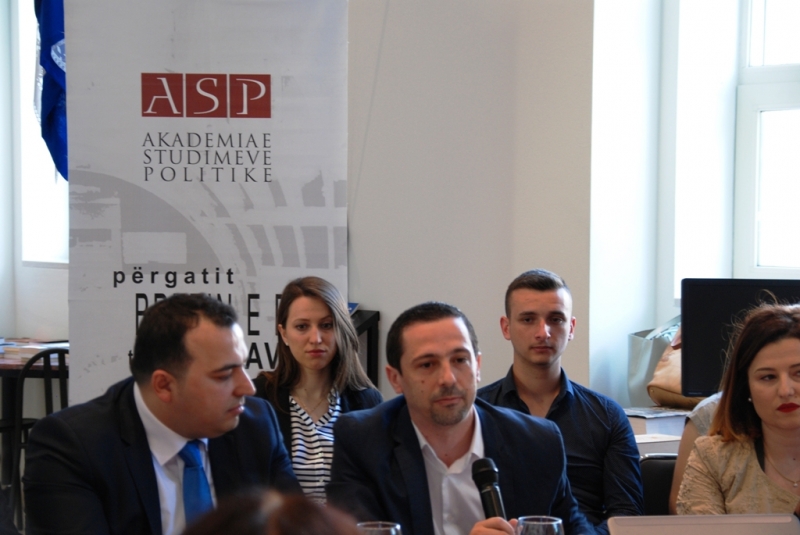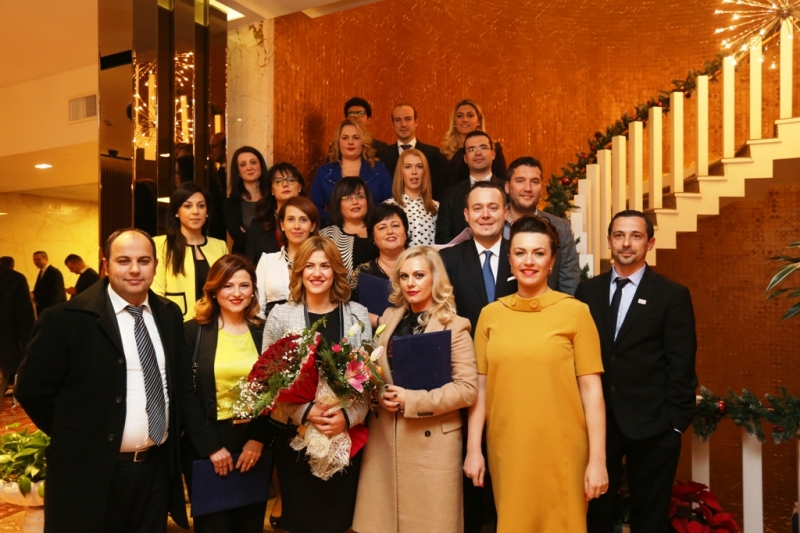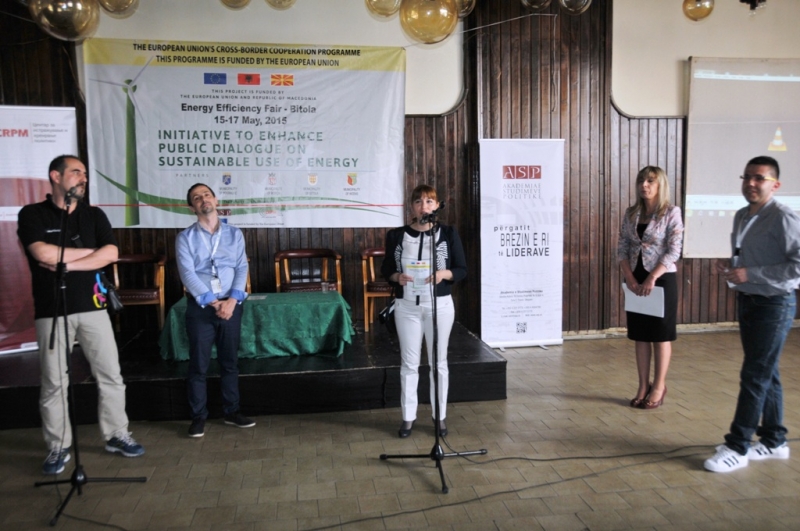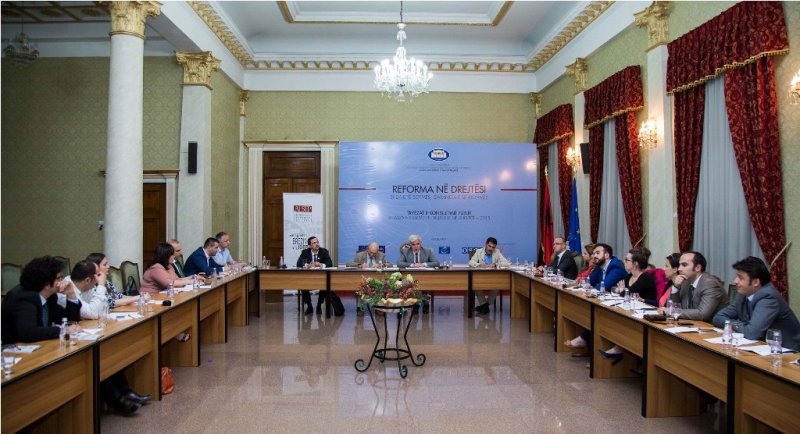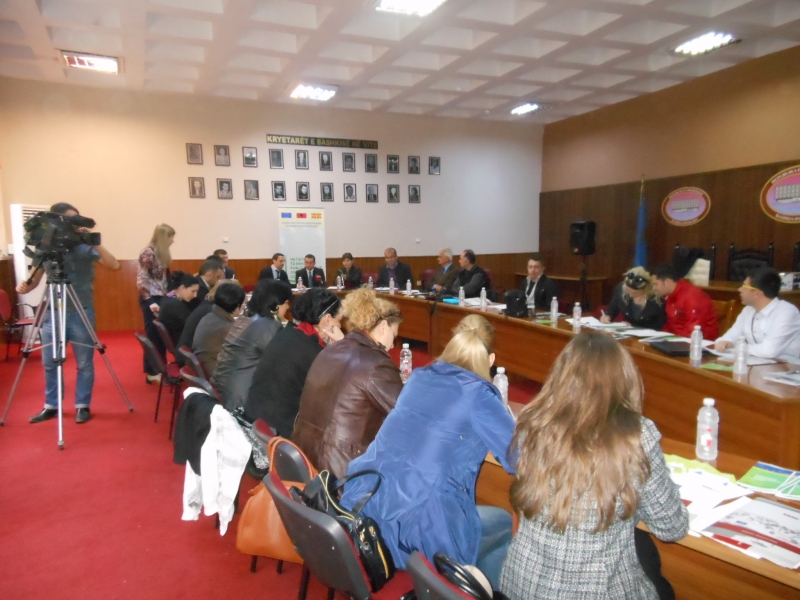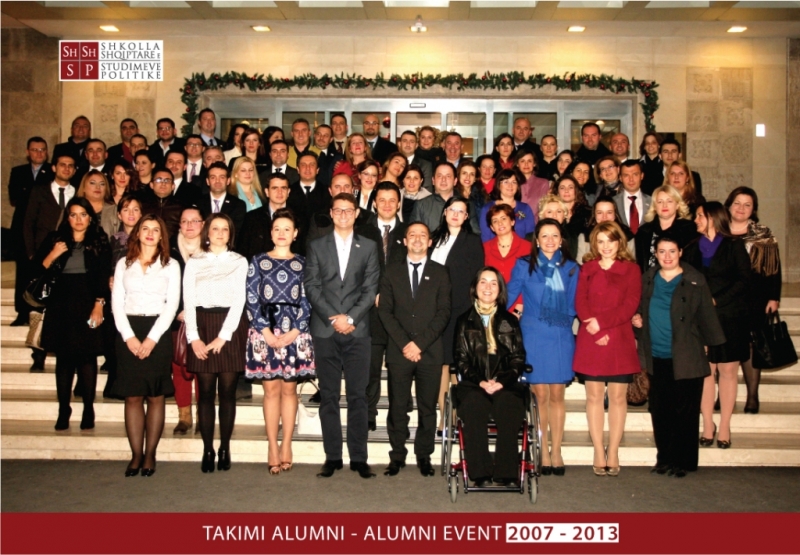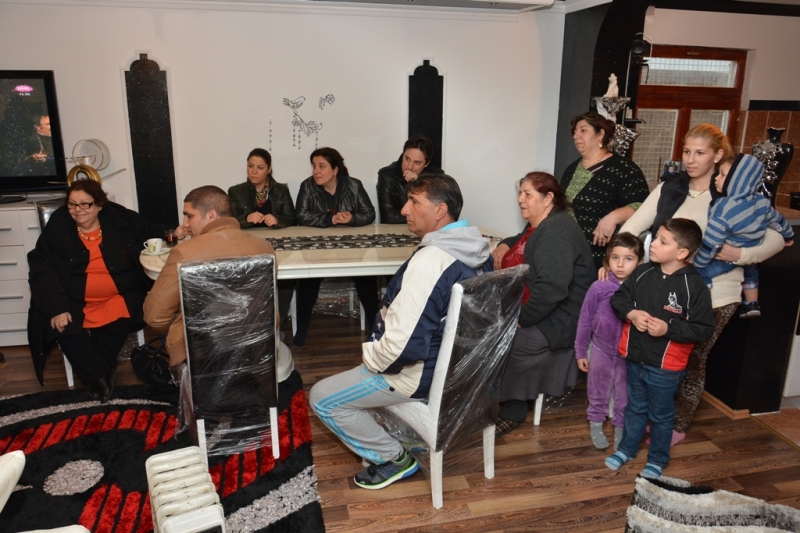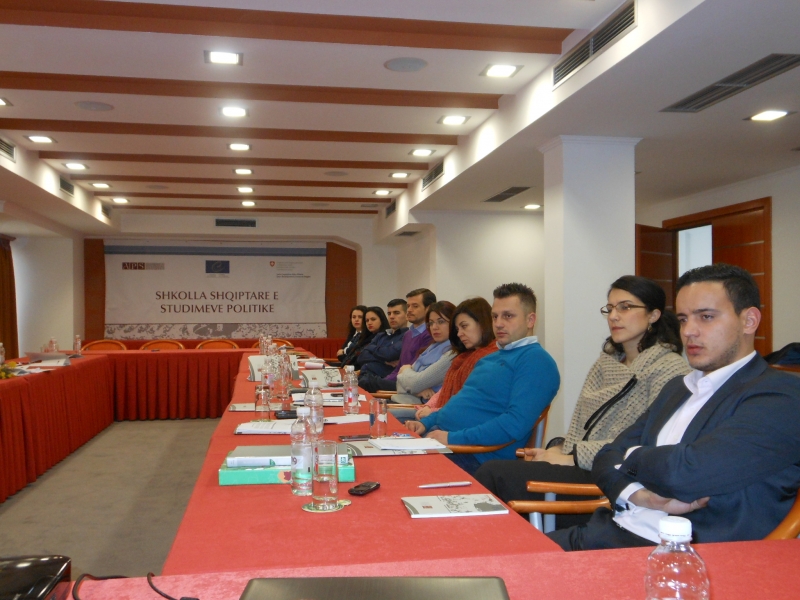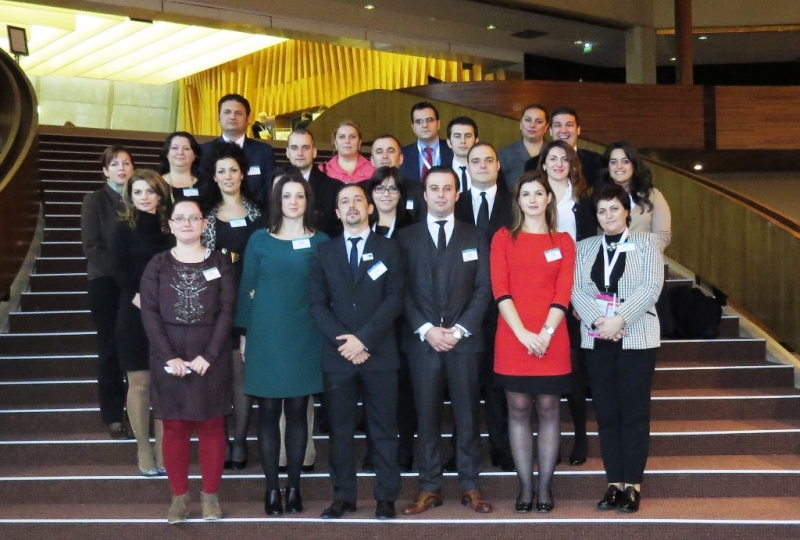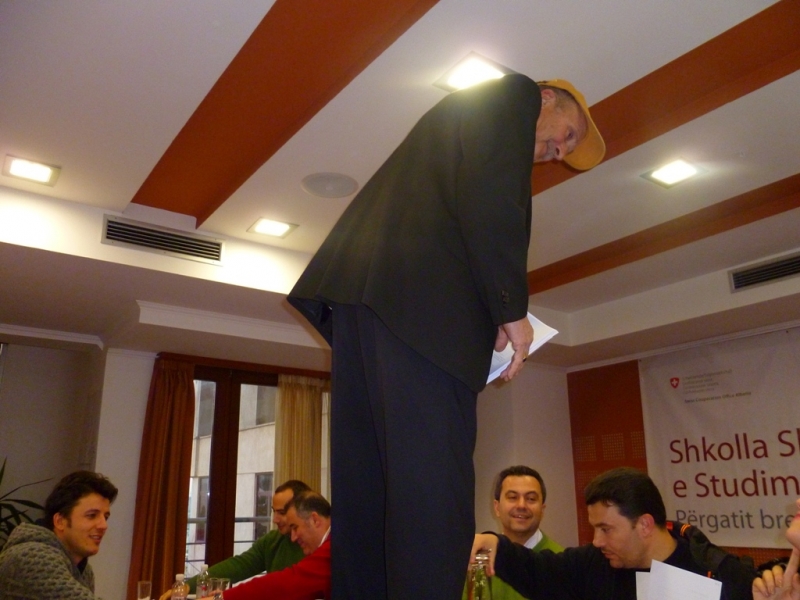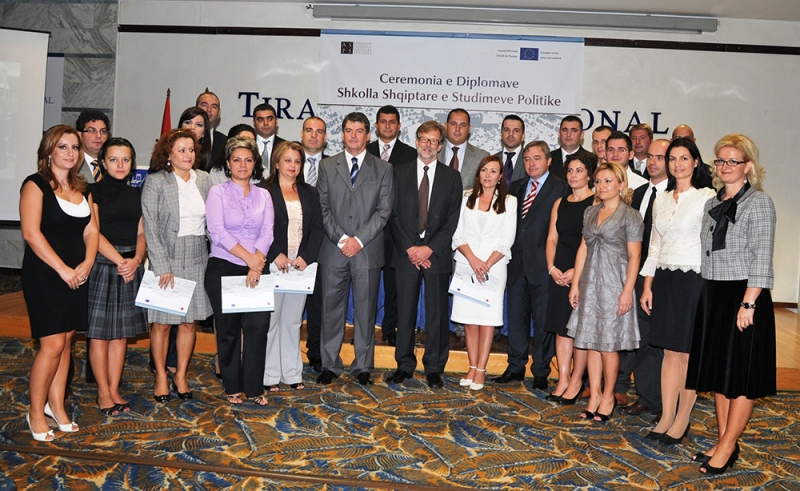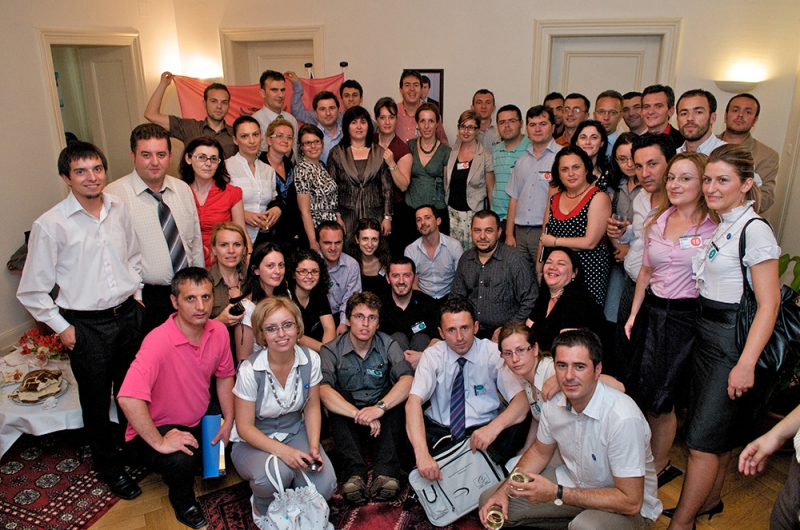Wednesday, February 12, 2025
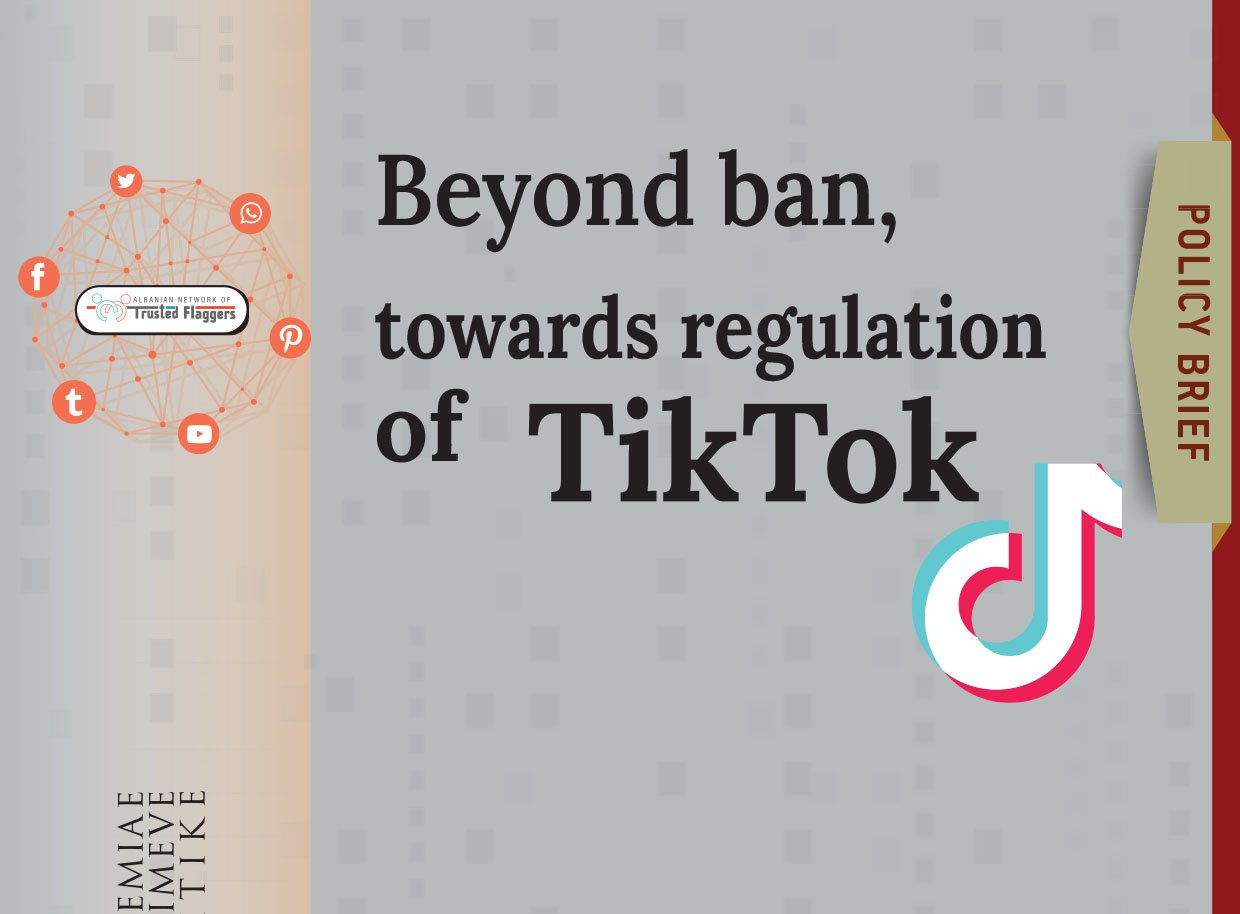
The decision of the Albanian authorities to ban the TikTok platform service has raised many uncertainties at the national and international level. Through this document, it is intended to provide an analysis of the situation and concrete recommendations for the authorities for the further regulation of TikTok and other social platforms.
Some of the main recommendations are:
- TikTok results in 2024 as the social platform where hate speech and the most violent content in the Albanian language are encountered for young people and not only.
- The experiences so far of restrictions in other countries have not managed to completely block the targeted problems and have brought the paradox of increasing further risks due to the blocking of cooperation channels with the platform and the use of even more problematic social networks;
- The regulation of TikTok and other platforms according to European Union practices, which increase transparency and charge platforms with legal liability, is recommended as the best solution to minimize risks.
This document was based on social media monitoring data from the Trusted Flaggers Network. A team of 15 flaggers trained by ASP to identify hate speech, violent extremism, and extremist propaganda have been monitoring Facebook, Instagram, TikTok, and YouTube since 2023, with the aim of reporting harmful content to the providers of these platforms.
The Academy of Political Studies is a member of the International Network Against Cyber Hate (INACH) and part of the TikTok Community Partner program. Since 2016, ASP has provided its expertise to enhance the research capabilities and cooperation with non-state actors of the Countering Violent Extremism Center (CVE Center) and the National Cyber Security Authority (AKSK).
Read the policy brief here













